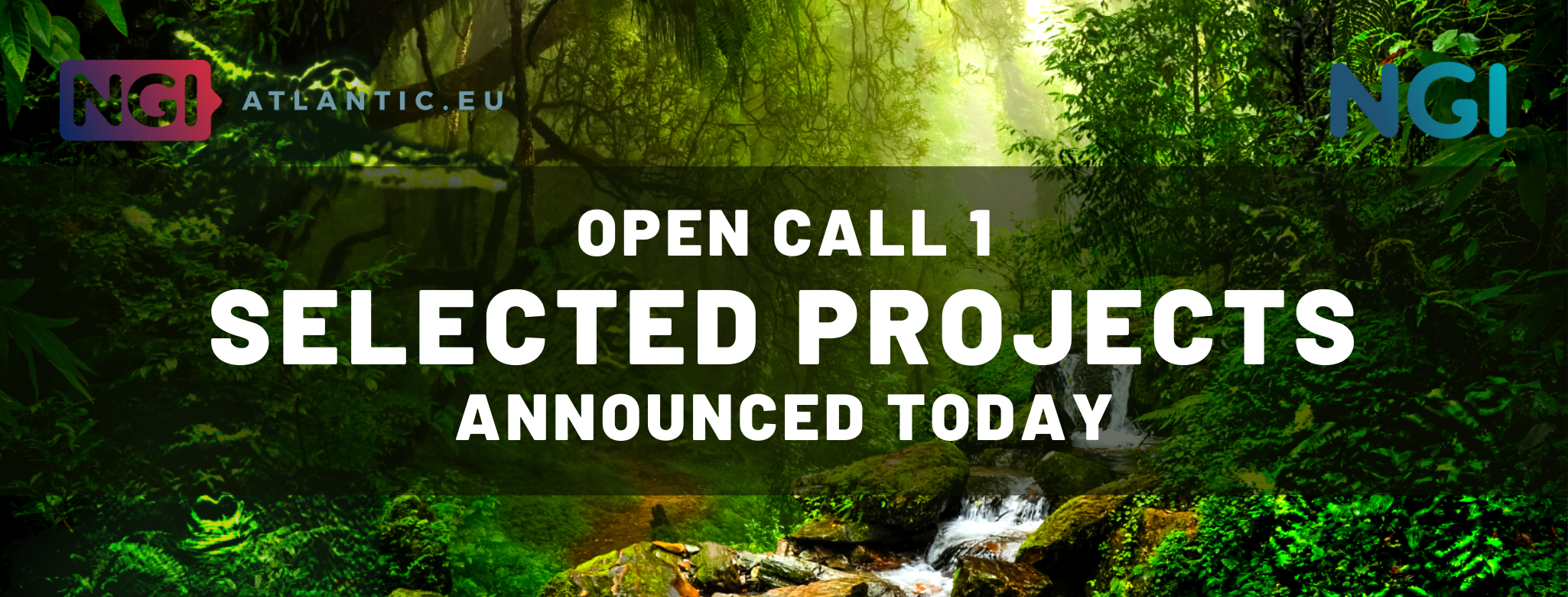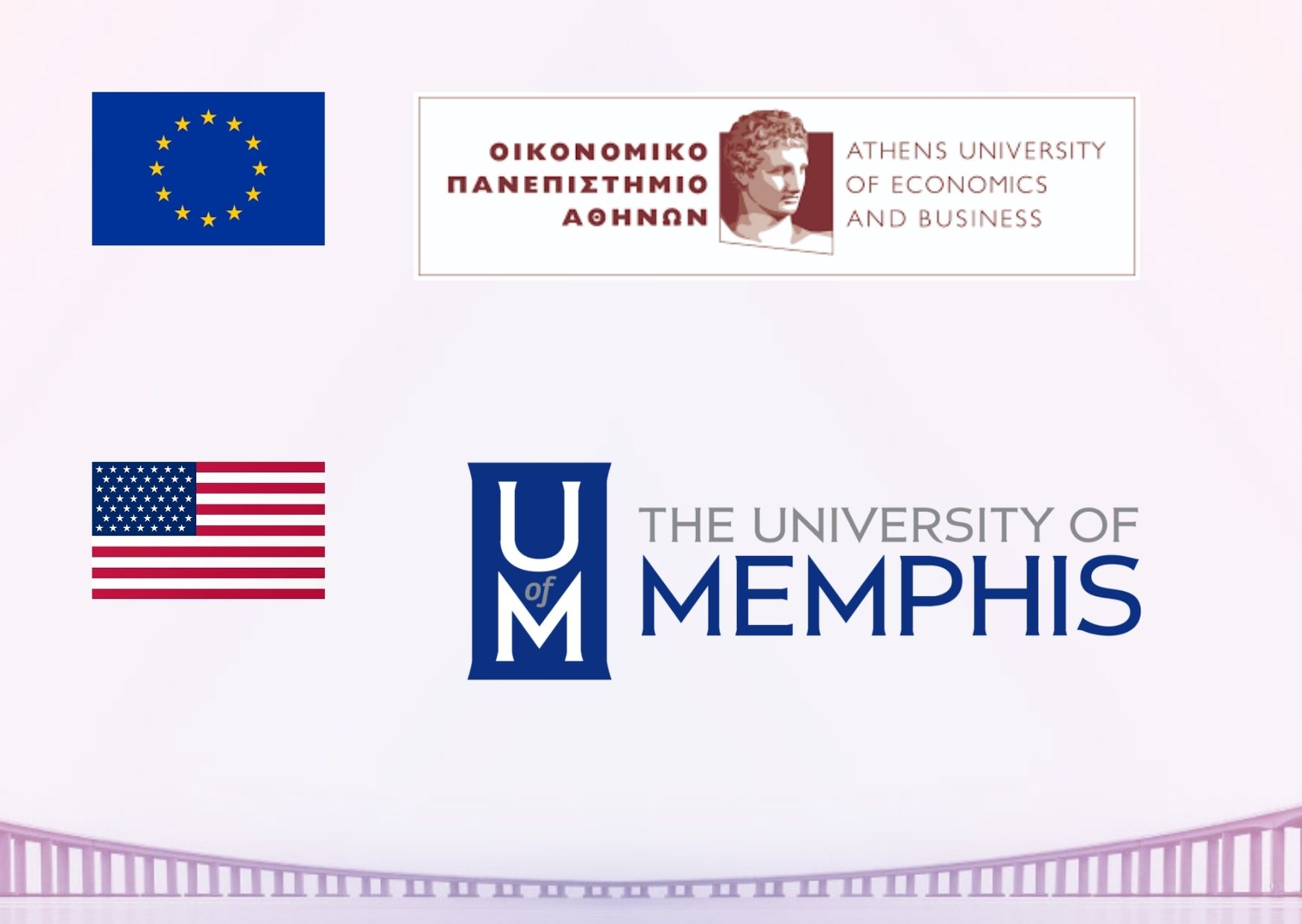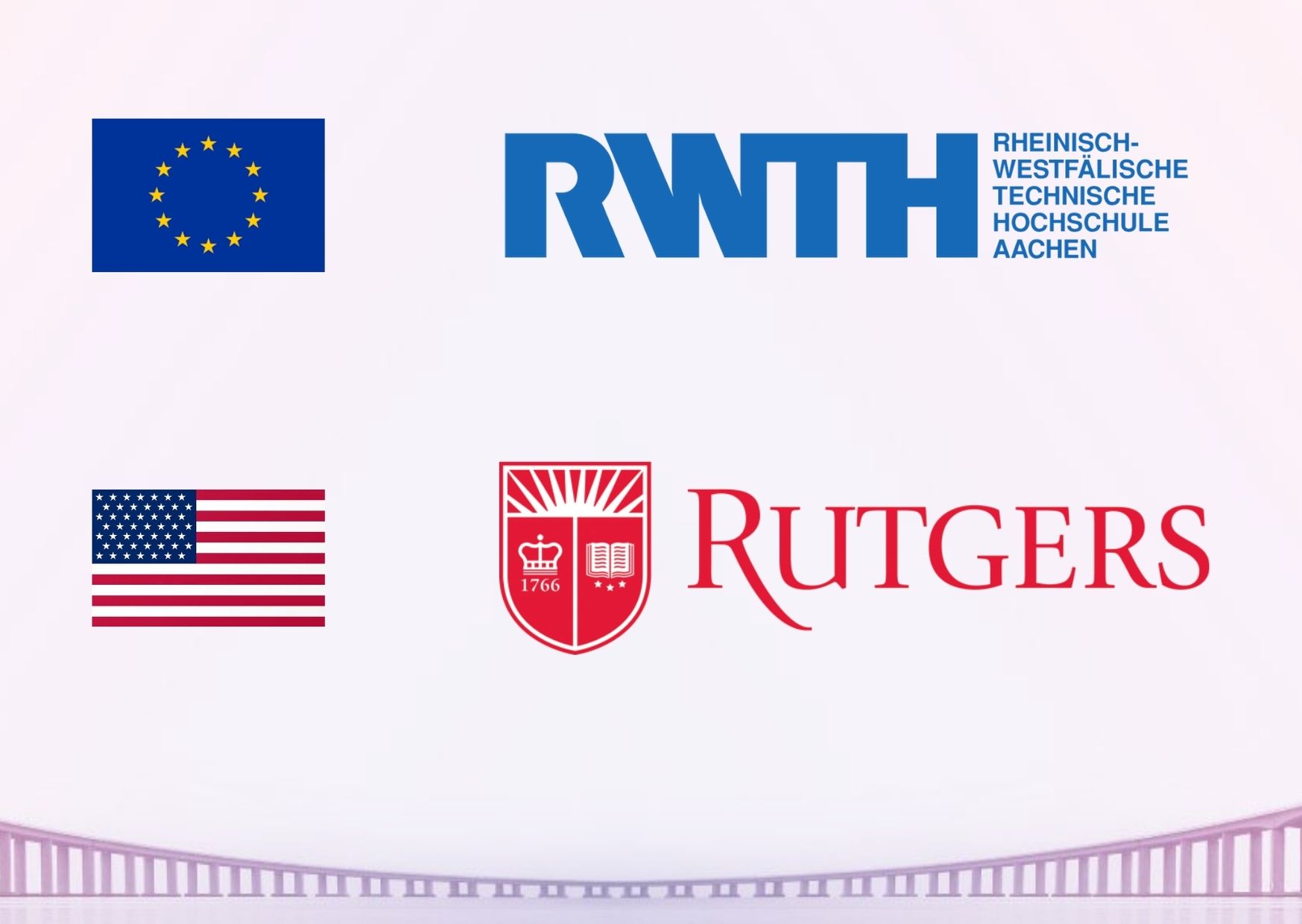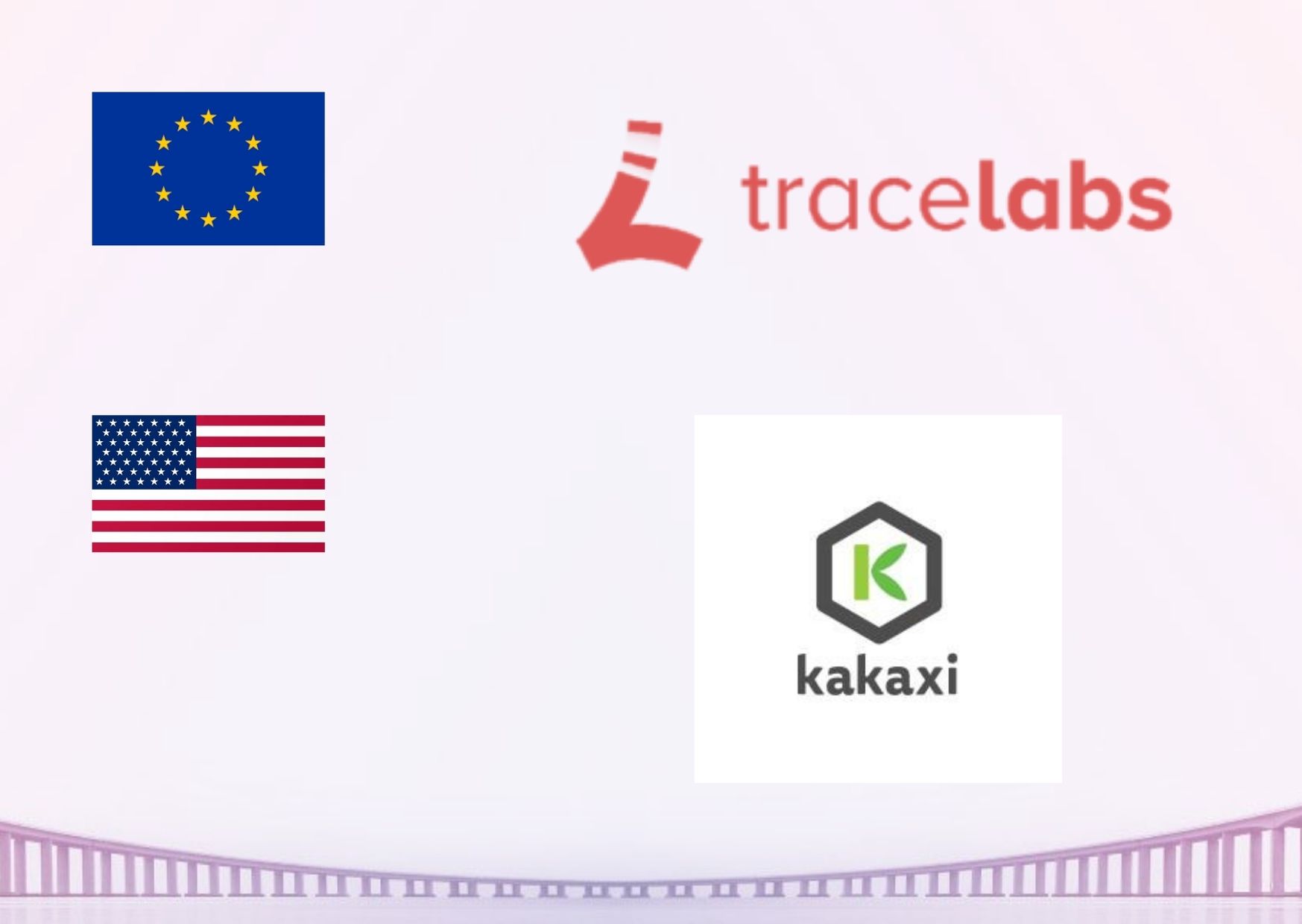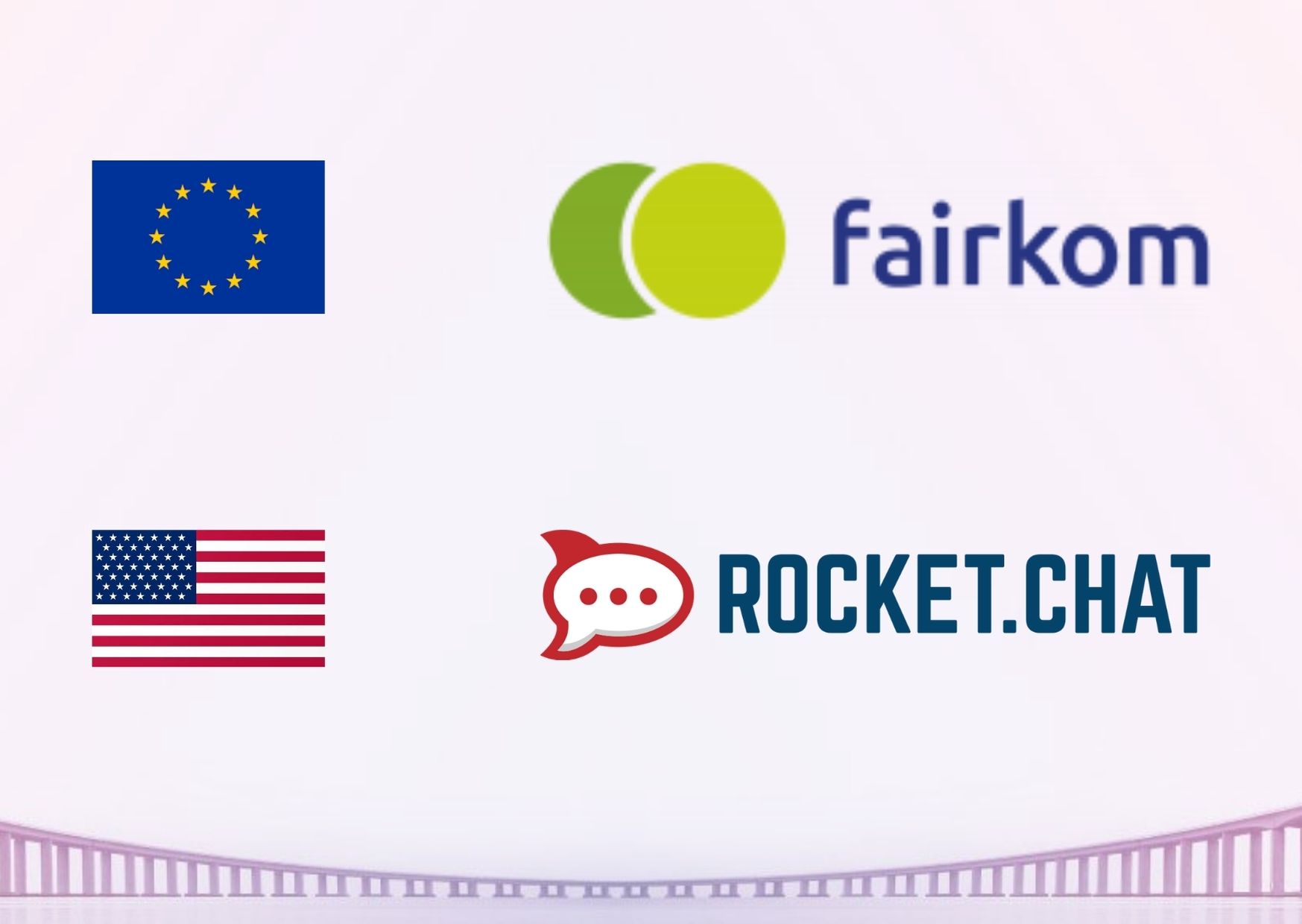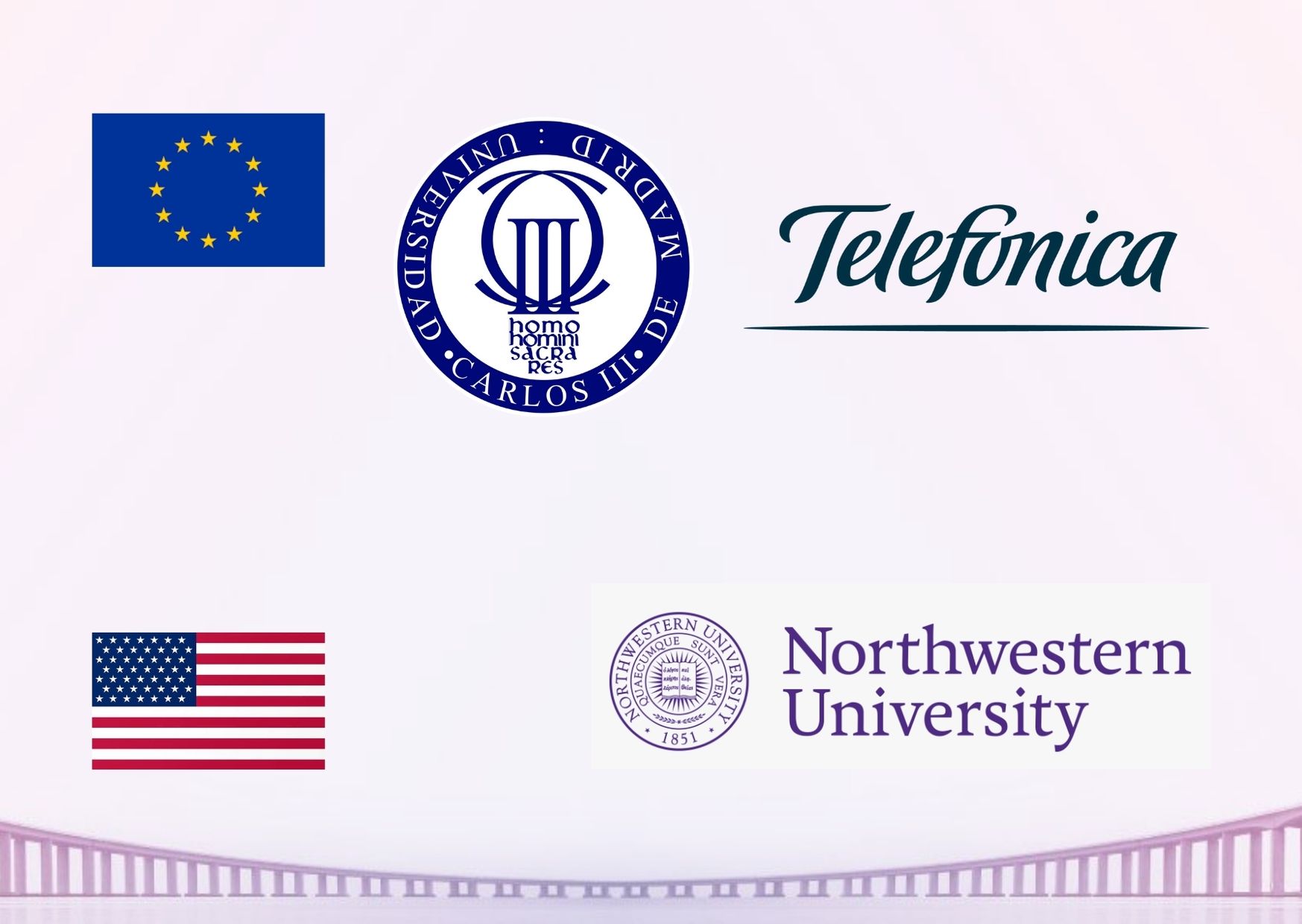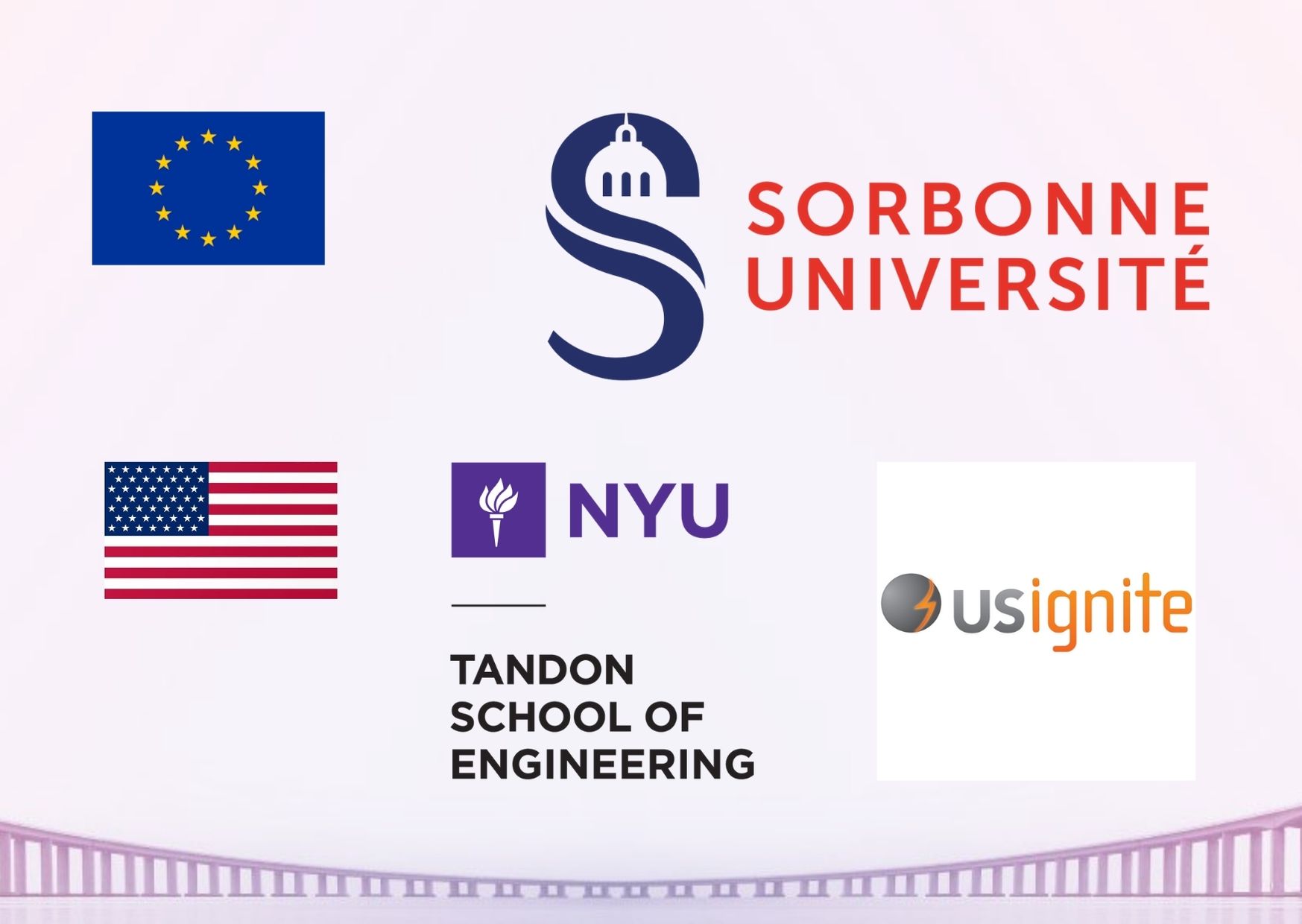NGIatlantic.eu announces the winners of its first Open Call for funding
Through a set of 5 Open Calls, the H2020 project NGIatlantic.eu supports the collaboration between EU and US with a total funding budget of 2.8 Million euro dedicated to research. The intercontinental teams can carry out their research through very innovative experimental platforms existing both in EU and US.
Moreover, NGIatlantic.eu facilitates the creation of the teams thanks to the Twinning Lab, the free space dedicated to researchers that allows the interested applicants to share their ideas and find matching partners by creating their organisation's profile and specifying their research domain area.
A group of 21 participants, coordinated by teams from 14 different European countries paired with a total of 22 US organisations, have proposed their ideas for innovative projects dealing with three priority topics in the domain of the Next Generation Internet:
- Privacy and Trust enhancing technologies – experimentation of results on the NGI call topic related to the development of robust and easy to use technologies to help users gain improved trust and greater control when sharing their personal data, attributes and information.
- Decentralised data governance - experimentation of results on the NGI call topic related to leveraging distributed open hardware and software ecosystems based on blockchains, distributed ledger technology, open data and peer-to-peer technologies with particular focus on ethical, legal and privacy issues, as well the concepts of autonomy, data sovereignty and ownership, values and regulations.
- Discovery and identification technologies - experimentation of results on the NGI call topic related to new methods of search, discovery, and access of large heterogeneous data sources, services, objects and sensors, devices, multi-media content, etc. and which may include aspects of numbering; providing contextual querying, personalised information retrieval and improved quality of experience.
Each project has been evaluated by at least three NGI experts selected among the members of our External Pool of Evaluators (EPE), in order to guarantee impartiality and transparency. The whole Open Call workflow has been managed via the NGIatlantic.eu Grants Platform (visit this page for more insights on the applications received for the 1st NGIatlantic.eu Open Call).
Today NGIatlantic.eu is glad to announce that the projects selected for the first Open Call, with a total funding budget of € 726,488 are:
Self-Certifying Names for Named Data Networking
Athens University of Economics and Business with The University of Memphis
"The proposed solution builds on the emerging paradigm of Decentralized Identifiers (DIDs), a new form of self-sovereign identification under standardization by W3C. Our solution proposes the use of DIDs as content names in Name Data Networking (NDN). DIDs are associated to a DID document that contains cryptographic material that can be used for verifying DID ownership, as well as auxiliary information about the DID. This auxiliary information is used in our approach for verifying the “metadata” of an item, its ownership status, its “representations,” and it defines basic roles that can be used for access control."
Experimental Study of Context Based Routing Using Deep Reinforcement Learning
Rheinisch-Westfälische Technische Hochschule Aachen with Rutgers, the State University of New Jersey
"Through the proposed experimental campaign we intend to instigate research on the following issues: Can artificial intelligence (AI)—and in particular deep reinforcement learning (RL)—with the help of contextual information achieve real-time or near-real time packet routing and under which conditions? Can deep RL achieve that in a distributed manner? Is deep RL sufficiently resilient and adaptive in solving the super complex NGI routing problems?"
Food Data Marketplace - Privacy and Trust Enabling Data Marketplace for Sustainable Supply Chains
Trace Labs with Kakaxi Inc.
"Food Data Market (FDM) is an inclusive marketplace fostering new economic models for sustainable food supply chains based on data. It leverages key benefits of DLT (trust, neutrality, inclusiveness) while keeping the key advantages of participants intact by employing privacy-by-design approach thus enabling farmers and cooperatives to regain control of their data, give it a price tag, and sell it to interested partners in the supply chain. This contributes to greater visibility and trust in food supply chains, more equitable sharing of gains from data exchanges (value moving upstream supply chains - farmers) and to more sustainable environmental practices by making trusted information about food production available to consumers. "
Fairteam
Fairkom Gesellschaft with Rocket.Chat Technologies Corp.
"Cloud based workspaces and communication services should be able to map teams. fairkom offers a portfolio of open source-based web services. To make them as easy usable as possible we firstly apply a common brand strategy (faircloud, fairchat, fairmeeting, ...), secondly we do a horizontal integration with single-sign-on (fairlogin as ID provider) and thirdly we try a vertical integration between the services. One of the challenges is to map teams across cloud-based services."
Measuring Multi-Carrier Cellular Access International Roaming Performance
Universidad Carlos III de Madrid and Telefónica Research with Northwestern University.
"Multi-Carrier Cellular Access (MCCA) allows cellular users to dynamically connect to different cellular networks without switching their SIM card. There are a number of advantages that can be realized through MCCA. MCCA users can improve coverage and performance, combining measurement-based dynamic carrier selection and predefined preferences on radio access technology (RAT) use (3G, 4G, 5G, wifi), irrespectively of which carrier is offering it a particular location."
CacheCash Experiment
Sorbonne Université with NYU Tandon School and US Ignite.
"CacheCash, the Content Delivery Network (CDN) technology that we will test, has the potential to change the nature of CDNs by involving the end users themselves directly in serving content through machines that are under their control. Putting users in charge can lead to a wider range of content benefitting from CDNs. CacheCash provides a service in which interested users run caches, and they are incentivised to participate by receiving a crypto-currency (Cachecoin) in exchange for serving content to other users. Both cryptographic and economic analyses demonstrate that the incentives lead CacheCash users to honestly serve content. Analysis has also shown that CacheCash can scale to meet the workload of even the most popular services used today. Our experiment will put these ideas to the test."
NGIatlantic.eu thanks all the participants for taking the time to submit their application to our Open Call and reminds that the second Open Call has been launched on August 3 and will remain open until 30 September.
Subscribe to our newsletter to keep abreast of the upcoming news!
Contacts: info@ngiatlantic.eu

